A Method for Assessing the Potential of Passive Retrofitting of Traditional Dwellings Based on Artificial Neural Network and Genetic Algorithm
Please login to view abstract download link
Traditional houses are carriers of regional culture and spirit and unique cultural treasures reflecting local climatic characteristics and construction memories. However, traditional dwellings are often built early, resulting in a weak thermal performance of the envelope, making it challenging to meet contemporary housing needs. In order to retrofit traditional houses at the lowest possible cost and with the highest quality, it is necessary to quantify the potential for energy saving and thermal comfort improvement after retrofitting. Based on this, this paper proposes a method for assessing the passive retrofit potential of traditional houses based on artificial neural networks and genetic algorithms, taking a traditional house in Shannan, Tibet, as a case study. The method establishes a multi-objective optimization framework combining building performance simulation with back-propagation artificial neural network (BPNN) and genetic algorithm (NSGA-II), explores the performance differences between different retrofit strategies, and identifies the optimal retrofit strategy and the maximum retrofit potential for a specific house shape. The optimization results show that the optimal strategy achieves a 60.76% reduction in carbon emissions and a 6.86% improvement in thermal comfort compared to the scenario without closed retrofit. The results confirm the necessity and effectiveness of introducing AI technology in the process of low-carbon retrofitting of buildings, providing a reference for the modernization of traditional dwellings and promoting sustainable development of traditional dwellings.

